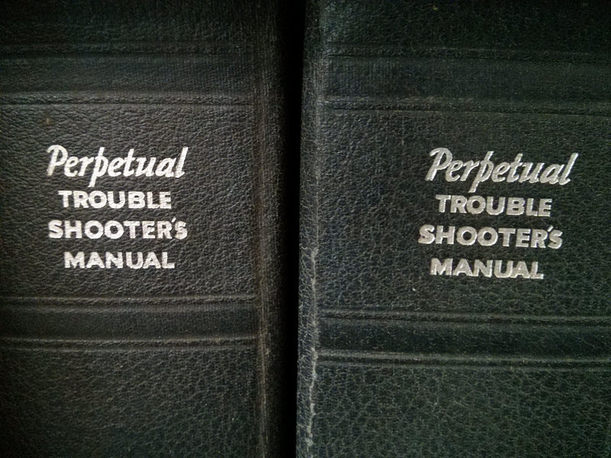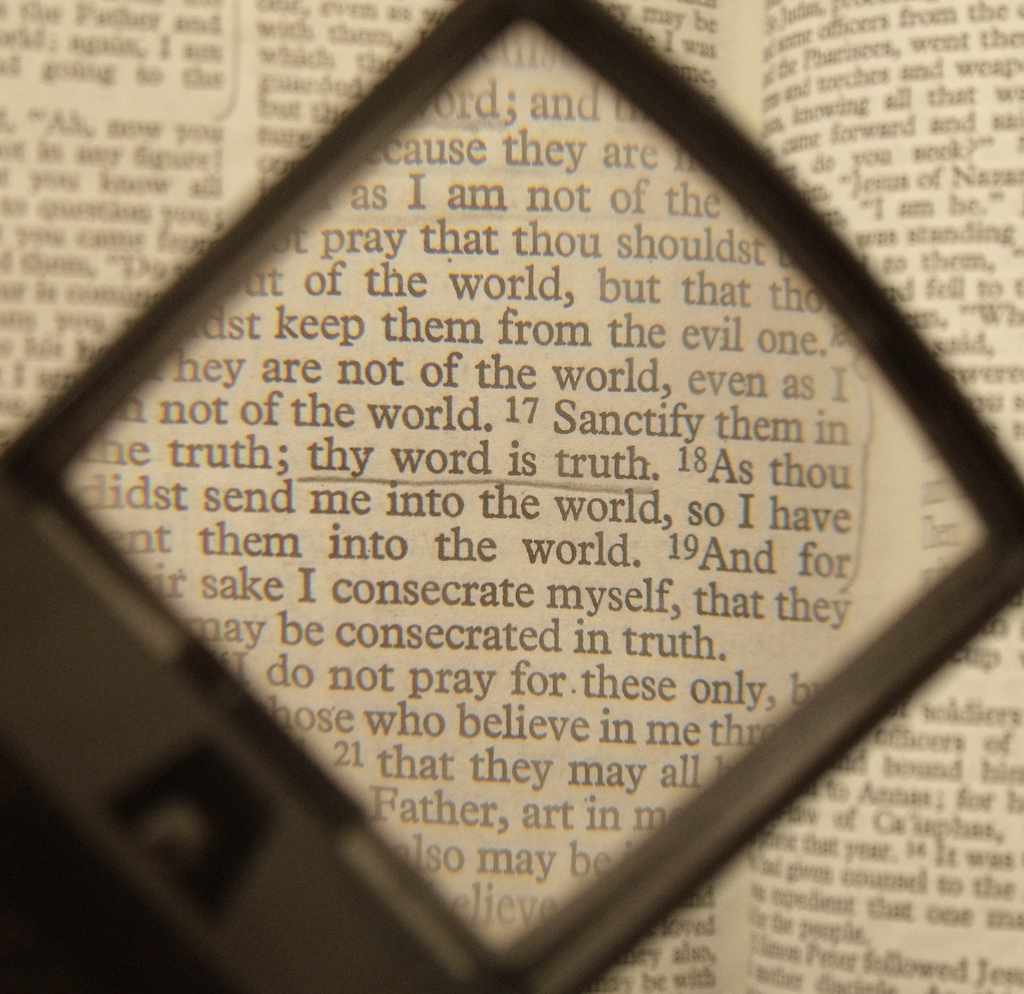I know quite a bit about operator manuals. I spent a big chunk of my career writing them for medical equipment such as the first commercially available MRI and PET systems – the diagnostic imaging systems that have given physicians such astounding new insights into our bodies.
As it turns out, writing manuals for such complex equipment is profitable, intellectually satisfying and a lot of fun to boot. But whoever would have guessed that this work would also yield important spiritual lessons decades down the road?
Here’s the scoop. I recently found myself in a debate with a professing believer who likes to isolate Bible verses that would seem to support his home-grown, “I’ve given it a lot of thought” theology. This time, he justified his extra-biblical thinking with Exodus 20:3, “Thou shalt have no other gods before Me.” This verse, he insisted, implies that God is not the only god—unless one reads it metaphorically. “It’s fine if you want to say that ‘other gods’ means money or sex or anything else,” he wrote. “But that’s not what it says. If you read it literally, it says that there are other gods, which I don’t believe.” And that, he concluded triumphantly, is why he feels free to slap the “metaphor” label on any Biblical passage that contradicts his personal worldview.
But hold on! Does the Bible not address this “other gods” issue in multiple places, and in multiple ways? Does it not give us many examples of the practice of having other gods before Him – in short, idolatry? And even if we're pressed for time, could we not learn a great deal more simply by reading down a couple verses, to find that we are not to bow down or serve these “other gods”?
In point of fact, the Bible does a wonderful job of explaining not only this issue but virtually every other one you can think of. That’s especially true if the Holy Spirit is guiding you “into all truth” (John 16:13).
There's just one prerequisite: you need to read the whole thing.
The only alternative would have been for God to inspire His writers to spell out in detail every last word or phrase that could possibly be misunderstood or misinterpreted. If He had done that, I suppose we could get complete understanding of a given topic from reading just one passage. But instead of a readable book of under 800,000 words (roughly the equivalent of Gone with the Wind plus Lonesome Dove), we’d be forced to wade through an 800,000,000,000,000,000-word library to learn all He wants us to know about our lives.
Consider the impact such a scheme would have on any other sort of operator manual – automobile instructions, for instance.
Say you wanted to know how to tell other drivers you were about to make a turn. No one would have an issue with a manual that said something like “push the turn signal lever up to signal a right turn, down to signal a left turn.” But with the “spell it all out every time” scheme some try to force on the Bible, the manual would have to say something along these lines: “Open the driver’s side door, climb in, and don your seatbelt by pulling the strap across your body and plugging the buckle in to the receptacle provided. Then insert your key into the ignition and turn it ¼ turn clockwise while stepping on the brake. Keeping your foot on the brake, press the button on the gearshift …” and so on and so on, until finally, 50 pages later, you’d come to “push the turn signal lever up to signal a right turn, down to signal a left turn.”
Would you want your car manual to do that? Of course not! With any operator manual, we expect that details on specific aspects of the machine to be found in multiple places; we would otherwise need a truck to haul around the instructions.
And so it is with the Bible. The information imparted in its pages builds on itself until, by the time you read Revelation 22:21, you have been exposed to all God wants you to know. I suppose some might call it “progressive” or “cumulative” revelation, although I believe those terms can be misused too.
The point is simply this: If you really want to know what God has to say to and about His creation, you need to read and meditate upon the whole thing. And when you’ve finished, read it again. Given the fact that a human life is a tad more complicated than driving a car or acquiring an MRI or PET scan, don’t expect to reach complete understanding in this life. But the serious student finds that each hour spent in the word of God yields life-transforming knowledge, wisdom and understanding.
Just one tip to help you along the way:
For best results, begin by repenting of what God says is sin and trusting in the Savior to have paid its penalty on the cross. When you do so, the Holy Spirit will indwell your heart, and guide you in the way of all truth.





 RSS Feed
RSS Feed